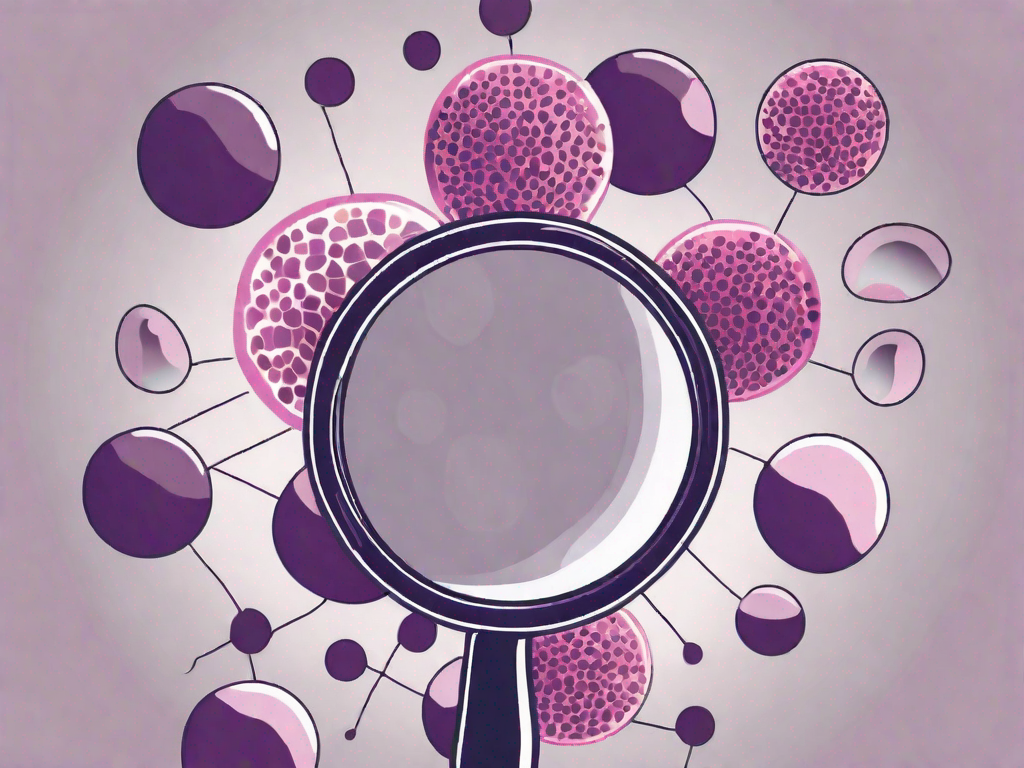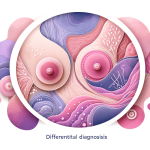This comprehensive article highlights the importance of self-examination in early cancer detection, emphasizing its benefits, different types of cancer and relevant self-exams, techniques, best practices, limitations, and when to seek professional help. By empowering individuals to take control of their health through regular self-checks, the article aims to promote proactive health management and early detection efforts. With practical tips, guidance, and insights, readers are encouraged to prioritize their well-being and embrace the power of self-examination in the fight against cancer.
What if there was a way to detect cancer early and drastically improve outcomes? The answer lies in the power of self-examination. By taking control of your health and incorporating self-checks into your routine, you can play a vital role in early detection, giving yourself the best possible chance of successful treatment. In this article, we will explore the benefits of self-examination, different types of cancer and their relevant self-exams, techniques and best practices, warning signs to look for, the limitations of self-examination, when to seek professional help, tips for regular checks, and the incredible benefits of early cancer detection. Let’s dive in and empower ourselves to prioritize our health!
Taking Control of Your Health: The Benefits of Self-Examination
By performing regular self-exams, you become intimately familiar with your body, enabling you to identify any changes or abnormalities that may arise. This hands-on approach empowers you to take charge of your health and become an active participant in your well-being. Furthermore, self-exams provide a sense of reassurance and peace of mind, knowing that you are actively working towards detecting any potential health issues as early as possible.
Let’s delve deeper into the benefits of self-examination. One of the key advantages is the ability to detect changes in your body that may indicate the presence of a health issue. By regularly examining your body, you become more attuned to its normal state, making it easier to identify any deviations from the norm. This heightened awareness allows you to catch potential problems early on, increasing the chances of successful treatment and recovery.
Self-examination also fosters a sense of self-empowerment. When you take the time to examine your body, you are actively participating in your own health care. This proactive approach not only helps you detect any issues, but it also encourages you to take action. Whether it’s scheduling a doctor’s appointment or making lifestyle changes, self-examination motivates you to prioritize your well-being and make informed decisions about your health.
Moreover, self-examination promotes a positive mindset. By regularly checking your body, you are demonstrating a commitment to your health and well-being. This commitment can boost your confidence and overall sense of self-worth. Knowing that you are actively taking steps to monitor your health can provide a sense of reassurance and peace of mind, reducing anxiety and stress related to potential health issues.
Another benefit of self-examination is the opportunity to develop a deeper understanding of your body. Through regular self-exams, you become more familiar with the intricacies and nuances of your own anatomy. This knowledge can be empowering and educational, allowing you to better understand how your body functions and what is considered normal for you. This understanding can also help you communicate more effectively with healthcare professionals, enabling you to provide them with valuable information that can assist in accurate diagnoses and treatment plans.
In conclusion, self-examination is a powerful tool for taking control of your health. By regularly examining your body, you become more aware of any changes or abnormalities, empowering you to take charge of your well-being. The benefits of self-examination extend beyond early detection; it also promotes self-empowerment, a positive mindset, and a deeper understanding of your body. So, make self-examination a regular part of your health routine and reap the rewards of being an active participant in your own well-being.
Types of Cancer and Relevant Self-Exams: A Guide to What You Can Check at Home
Cancer self-exams are an essential aspect of health awareness, enabling individuals to recognize early warning signs and seek timely medical intervention. Here’s a guide to various types of cancer and the relevant self-exams you can perform at home:
Breast Cancer
- Self-Exam: Monthly breast self-examinations can help you become familiar with how your breasts normally look and feel, making it easier to notice any changes. This involves visually inspecting breasts for any changes in size, shape, or skin texture and physically feeling for lumps or thickening.
- When to Perform: Best done several days after your menstrual period ends, when breasts are least likely to be swollen or tender.
Skin Cancer
- Self-Exam: Regularly inspecting your skin for any new moles or changes in existing moles is crucial. Key changes to look for include asymmetry, irregular borders, changes in color, diameter greater than 6mm, and evolving size, shape, or color.
- When to Perform: Monthly skin checks are recommended. Use a mirror for hard-to-see areas or ask someone to help.
Testicular Cancer
- Self-Exam: Testicular self-exams involve feeling each testicle separately for lumps, swelling, or pain. Any changes in size, shape, or consistency should be noted.
- When to Perform: Monthly, preferably after a warm bath or shower when the scrotal skin is relaxed.
Oral Cancer
- Self-Exam: Look for sores, white or red patches, and feel for lumps or enlarged lymph nodes in the neck. Also, check for any changes in the lips, tongue, gums, and the inner cheeks.
- When to Perform: Monthly, using a mirror to check all areas inside your mouth.
Thyroid Cancer
- Self-Exam: Stand in front of a mirror and observe the lower front area of your neck, above the collarbones, and below the voice box (larynx). Look for bulges or protrusions, then swallow and watch for any changes in this area.
- When to Perform: Occasionally, as part of a regular health check.
While self-exams are a proactive way to monitor your health, they are not a substitute for professional medical screenings and evaluations. If you notice any changes or anything unusual during your self-exams, it’s important to consult with a healthcare provider for further assessment and advice. Remember, early detection is key in the effective treatment of many types of cancer.
The Limitations of Self-Examination: Understanding What Self-Checks Can and Can’t Do
While self-examinations are a powerful tool, they do have limitations. It’s important to understand that self-exams cannot replace professional medical advice or screenings. Regular check-ups with your healthcare provider and recommended screenings are still vital components of your overall health management. However, self-examinations act as an additional layer of vigilance, helping you identify potential issues between medical appointments.
When to Seek Professional Help: Responding to Abnormal Findings
If you notice any abnormal findings during your self-exams, it’s crucial to seek professional medical help promptly. Your healthcare provider is trained to evaluate any concerns you may have and determine the appropriate course of action. Remember, it’s always better to be safe than sorry. Don’t hesitate to reach out for expert guidance if you discover anything that causes you concern.
Incorporating Self-Exams into Your Health Routine: Tips for Regular Checks
Consistency is key when it comes to self-examinations. To ensure you’re regularly performing self-checks, try incorporating them into your existing health routine. Set reminders on your calendar, link self-exams to specific milestones or events, or partner up with a friend or family member for mutual accountability. By making self-exams a habit, you’ll be more likely to prioritize your health and stay proactive in your early detection efforts.
Don’t Wait: The Benefits of Early Cancer Detection Through Self-Exams
The impact of early cancer detection cannot be overstated. Detecting cancer at its earliest stage significantly increases the chances of successful treatment and positive outcomes. By actively engaging in self-examinations, you can potentially save your life or the life of a loved one. Don’t wait for symptoms to become severe or for routine screenings to be scheduled. Take charge of your health today and embrace the power of early detection.
Conclusion: The Power of Early Detection and Proactive Health Management
In conclusion, self-examination plays a pivotal role in early cancer detection. It empowers individuals to take control of their health, familiarize themselves with their bodies, and actively seek professional help when needed. By incorporating regular self-checks into your health routine and staying attentive to warning signs, you can play an instrumental role in combating cancer. Remember, prevention is always better than cure, and early detection can save lives. So let’s join forces and harness the power of self-examination in our quest for proactive health management. Together, we can make a difference and empower ourselves!






